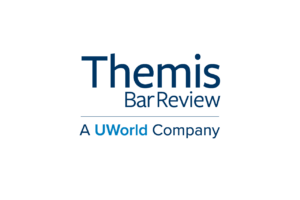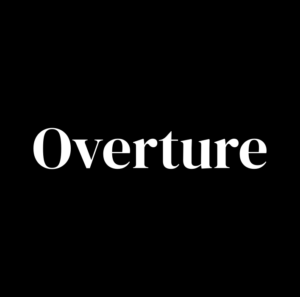Private Equity Reaps The Benefits Of Fifth Circuit's Wild Jurisprudence
Eugene Scalia has mastered this whole forum shopping thing.

Eugene Scalia
Every lawyer — and increasingly civilians — in the United States knows that the jurisprudence coming out of the Fifth Circuit is an outlier from the rest of the federal judiciary. Even the right-leaning Supreme Court has been giving that circuit some side-eye.
Now attorneys are advocates for their clients, and they’re supposed to do what they can — within the bounds of the law and legal ethics — to help their clients win. Part of what that means is knowing the vibes of the various courts your client might find themselves in. If you can get in front of a judge more receptive to your client’s position, well, then said clients aren’t going to bitch about those rising billing rates. And if that hurts the legitimacy of the federal judiciary, well, you’ve got to crack some eggs.

Raising The Bar in Bar Prep
Eugene Scalia, son of the late Supreme Court justice and a partner at Gibson Dunn, helped some of his private equity fund manager clients create a nonprofit — shockingly placing the headquarters in Texas, and under the jurisdiction of the Fifth Circuit. And that decision is paying off. In a recent decision, the Fifth Circuit overturned the Securities and Exchange Commission’s anti-fraud rules for private equity firms saying they were an overreach of the SEC’s authority.
As reported by Slate, getting in front of the Fifth Circuit was key for the private equity industry:
The plan was a classic case of forum shopping, and it has paid off for Scalia and his new client. Earlier this month, a three-judge 5th Circuit panel made up entirely of Republican appointees overturned the Securities and Exchange Commission’s new anti-fraud regulations in their entirety and set forth principles that could eventually lead to the gutting of financial and other regulations from the SEC. With little discussion, the court held that it was the proper venue because the plaintiff association was incorporated in Texas and has an office in Austin.
In industry coverage, insiders are explicit that other jurisdictions, such as D.C., are too risky, “Many of the labor policy groups in D.C. are hostile to private equity. Their view is there’s too much risk. They think the private equity industry is negative for workers.” So instead, we get brain droppings that the SEC didn’t properly define fraud.
Sponsored

Referral Fees The Key To Growing A Modern Practice? Overture Thinks So.

How Savvy Lawyers Build Their Law Firm Rate Sheet

Raising The Bar in Bar Prep

How Savvy Lawyers Build Their Law Firm Rate Sheet
The court’s 25-page opinion overturning the SEC’s new anti-fraud rules for private equity is highly technical. But at its core, it holds that because private equity funds do not have a legal duty to disclose to private investors, their failure to do so cannot be deceptive or fraudulent. According to the court, the SEC did not adequately define fraud when it adopted rules trying to force disclosure.
As bad as this is, particularly when you think of the potential ramifications for other administrative agencies, the Supreme Court seems unlikely to help. Indeed, with the likely elimination of Chevron deference, it’s poised to get a lot worse.
 Kathryn Rubino is a Senior Editor at Above the Law, host of The Jabot podcast, and co-host of Thinking Like A Lawyer. AtL tipsters are the best, so please connect with her. Feel free to email her with any tips, questions, or comments and follow her on Twitter @Kathryn1 or Mastodon @Kathryn1@mastodon.social.
Kathryn Rubino is a Senior Editor at Above the Law, host of The Jabot podcast, and co-host of Thinking Like A Lawyer. AtL tipsters are the best, so please connect with her. Feel free to email her with any tips, questions, or comments and follow her on Twitter @Kathryn1 or Mastodon @Kathryn1@mastodon.social.
Sponsored

Trust The Process: How To Build And Manage Workflows In Law Firms








